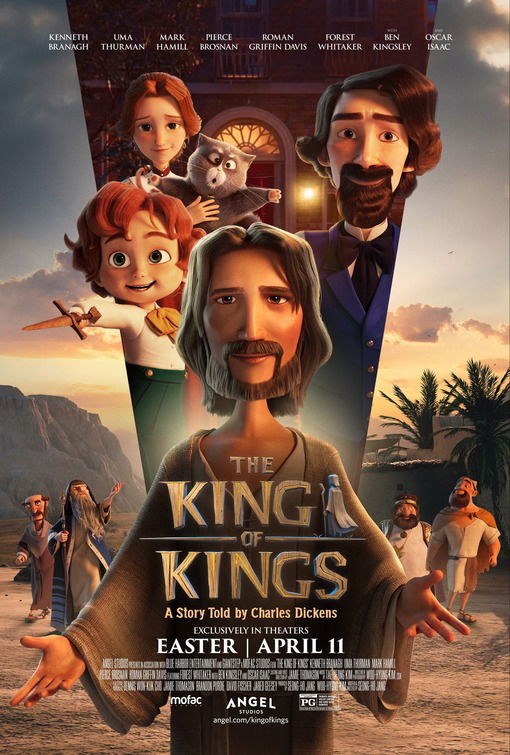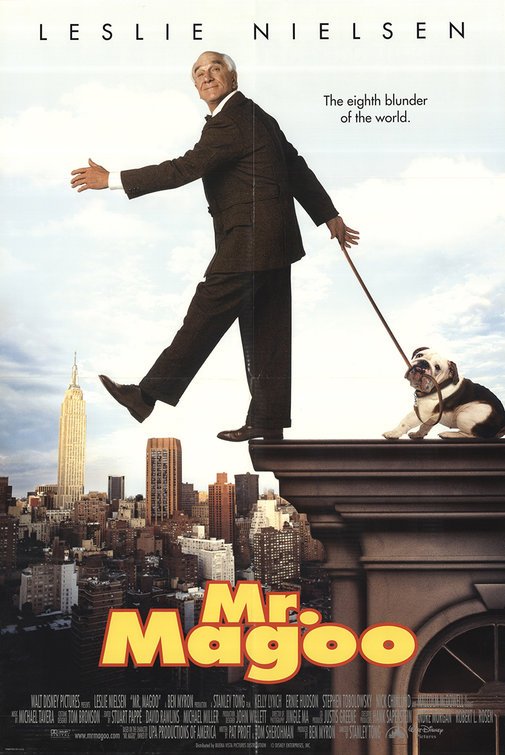
Charter’s Industry-Changing Deal Hasn’t Created Short-Term Growth
By Movieguide® Contributor
Charter CEO Jessica Fischer maintains that the Disney deal was industry-changing while warning that Q4 results may be underwhelming.
“We’re not willing to make our customers pay twice for content,” Fischer said at the USB Media and Communications Conference. “If there’s a programmer who is making their content available in a direct-to-consumer service, and our customers are paying for that content in a linear service, our expectation is that direct-to-consumer service would be a part of our bundle.”
This business practice led to a heavy dispute with Disney this September as Charter argued that its consumers paying for Disney-owned TV channels should also receive access to Disney+. After 10 days, the companies came to an agreement to provide Charter customers with fewer TV channels but access to Disney+ included in the cable subscription.
Fischer believes this deal was monumental for the industry as it sets the standard for future cable bundles. Cable companies are hoping this will help ease cord-cutting, which has ravaged the industry over the past decade.
While this deal changes the future of cable, Charter is still struggling with the fallout from the 10-day blackout of Disney-owned channels, including ABC and ESPN, which led to a drop in customers. Fischer warned that the company’s Q4 results may be less than desirable.
“It’s likely that we could end up with negative net adds at the end of Q4,” she admitted. “How we see broadband in the longer term hasn’t changed.
“We’re not out of line with the rest of the industry,” Fischer noted, emphasizing that macroeconomic pressures have placed pressure on the cable industry.
However, Fischer believes cable has a bright future in the long term.
“…I want to be really clear that we think that that’s sort of its short-term challenges, that the opportunity in the overall broadband market and our position around sort of how we see total broadband opportunity in the long-term has not changed,” she emphasized.
“We think that we’ll get those customers back,” she said. “Long term, broadband can continue to grow well.
Only time will tell whether or not this is true. Earlier this year, cable and broadcast TV made up less than half of all television usage for the first time since TV usage by platform has been tracked. However, streaming’s meteoric rise has been restricted recently due to price increases across the board. Charter’s newly set model may prove to be the most enticing for consumers.
Movieguide® previously reported:
Following a groundbreaking deal between cable provider Charter and Disney, Nexstar explained why the deal is so monumental for broadcast TV.
The company released a report showing that the deal was positive because “premium content got paid,” “direct to consumer (DTC) service[s] became a part of the bundle” and the “bloated cable portfolio” was reduced.
Disney and Charter came to a distribution agreement in mid-September after a weeklong blackoutof Disney-owned channels for Charter subscribers. The deal ended up providing Charter subscribers with options to include Disney+ in the cable bundle as well as a variety of subscription tiers, including a differing number of Disney-owned channels.
This deal was monumental as it provided Charter subscribers with more content—primarily through the option of adding Disney+—without raising the subscription cost across the board.
Questions or comments? Please write to us here.


 - Content:
- Content: 

